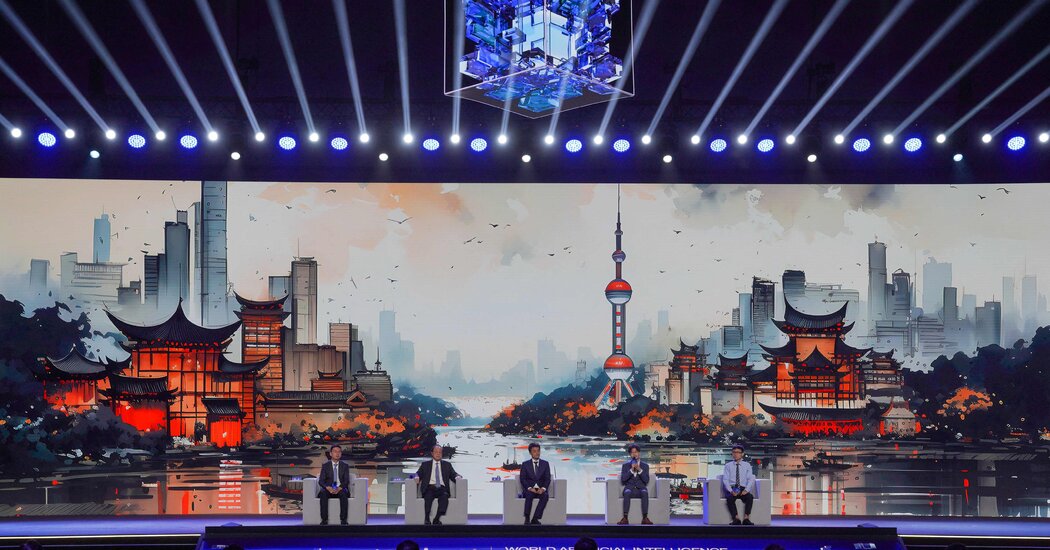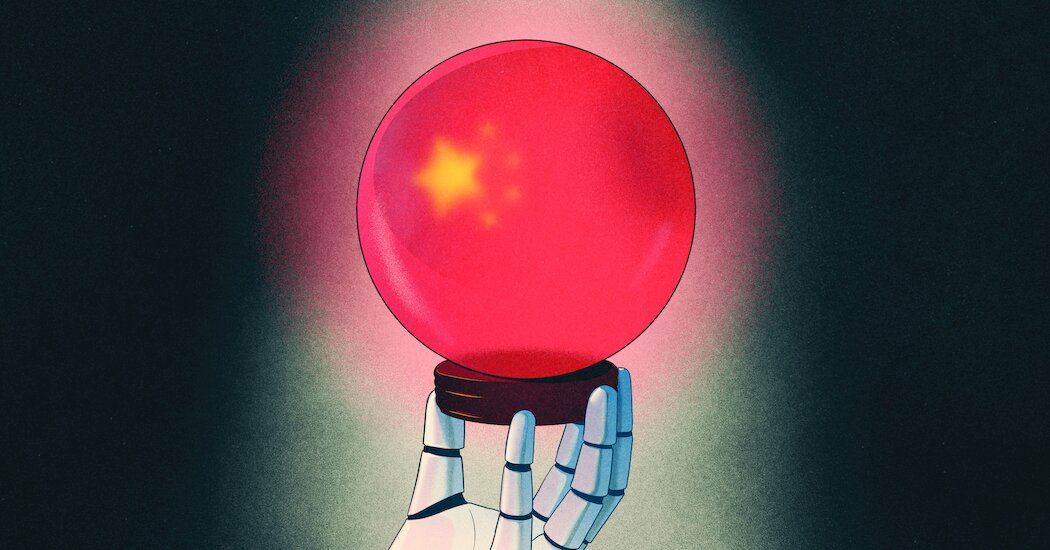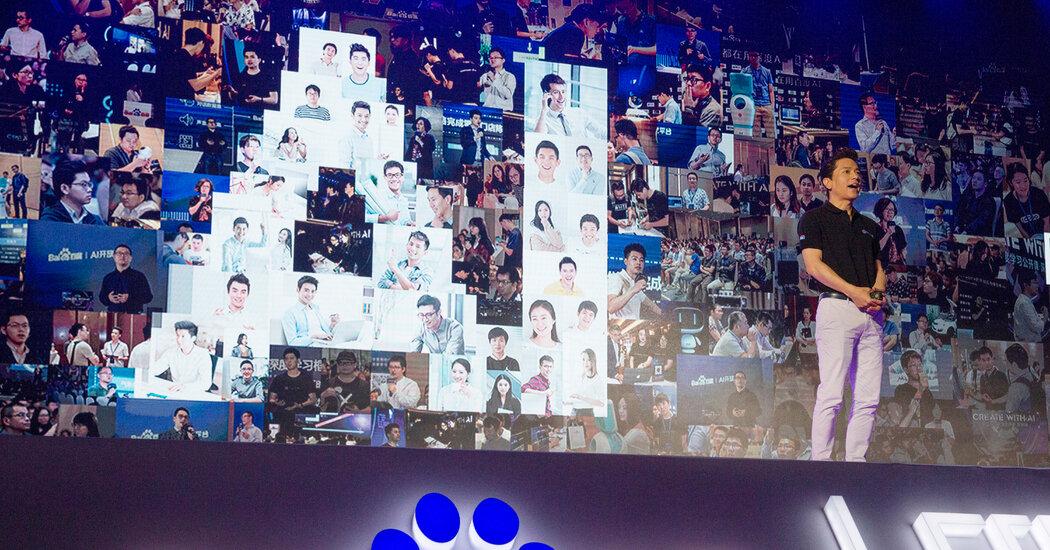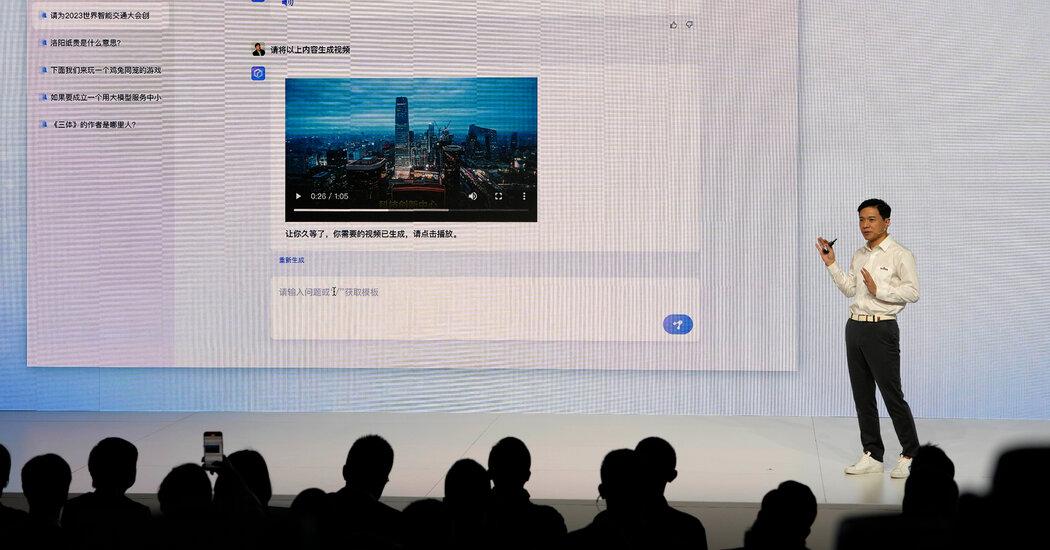When it comes to the artificial intelligence that powers chatbots like ChatGPT, China lags behind the United States. But when it comes to producing the scientists behind a new generation of humanoid technologies, China is pulling ahead. New research shows that China has by some metrics eclipsed the United States as the biggest producer of A.I. talent, with the country generating almost half the world’s top A.I. researchers. By contrast, about 18 percent come from U.S. undergraduate institutions, according to the study, from MacroPolo, a think tank run by the…
Tag: ChatGPT
China’s Rush to Dominate A.I. Comes With a Twist: It Depends on U.S. Technology
In November, a year after ChatGPT’s release, a relatively unknown Chinese start-up leaped to the top of a leaderboard that judged the abilities of open-source artificial intelligence systems. The Chinese firm, 01.AI, was only eight months old but had deep-pocketed backers and a $1 billion valuation and was founded by a well-known investor and technologist, Kai-Fu Lee. In interviews, Mr. Lee presented his A.I. system as an alternative to options like Meta’s generative A.I. model, called LLaMA. There was just one twist: Some of the technology in 01.AI’s system came…
What Happens When You Ask a Chinese Chatbot About Taiwan?
“How does the United States affect the situation in Taiwan?” Ernie ducked the question about China’s “zero Covid” restrictions, offering a lengthy description of the policy instead. When asked to recount the events of June 4, 1989, the chatbot rebooted itself. A message popped up on the reloaded interface: How about we try a different topic? The Chinese chatbot said Russia’s president, Vladimir V. Putin, did not invade Ukraine, but “conducted a military conflict.” The strange phrasing was broadly in line with China’s official stance, which has refused to condemn…
China Says Chatbots Must Toe the Party Line
Five months after ChatGPT set off an investment frenzy over artificial intelligence, Beijing is moving to rein in China’s chatbots, a show of the government’s resolve to keep tight regulatory control over technology that could define an era. The Cyberspace Administration of China unveiled draft rules this month for so-called generative artificial intelligence — the software systems, like the one behind ChatGPT, that can formulate text and pictures in response to a user’s questions and prompts. According to the regulations, companies must heed the Chinese Communist Party’s strict censorship rules,…
China’s Answer to ChatGPT Gets an Artificial Debut and Disappoints
Almost six years ago, a Google computer program toppled the best player in China — and the world — at Go, an ancient Chinese board game. The defeat catalyzed China’s revolution in artificial intelligence. Beijing unrolled a monumental A.I. plan, and investors poured record sums into new projects. Now, a similar moment has arrived: The rise of ChatGPT has kicked off another A.I. arms race, this time in the realm of machine-generated content. On Thursday, China’s first major rival to ChatGPT was unveiled in Beijing by the search giant Baidu.…
Chinese ChatGPT rival from search engine firm Baidu fails to impress
The Chinese search engine company Baidu’s shares have fallen by as much as 10% after the company unveiled its ChatGPT-like AI software, with investors unimpressed by the bot’s display of linguistic and maths skills. The artificial intelligence-powered ChatGPT, created by the San Francisco company OpenAI, has caused a sensation for its ability to write essays, poems and programming code on demand within seconds, prompting widespread fears over cheating or of professions becoming obsolete. Chinese tech companies have joined the global rush to develop rival software, with Alibaba and JD.com also…




